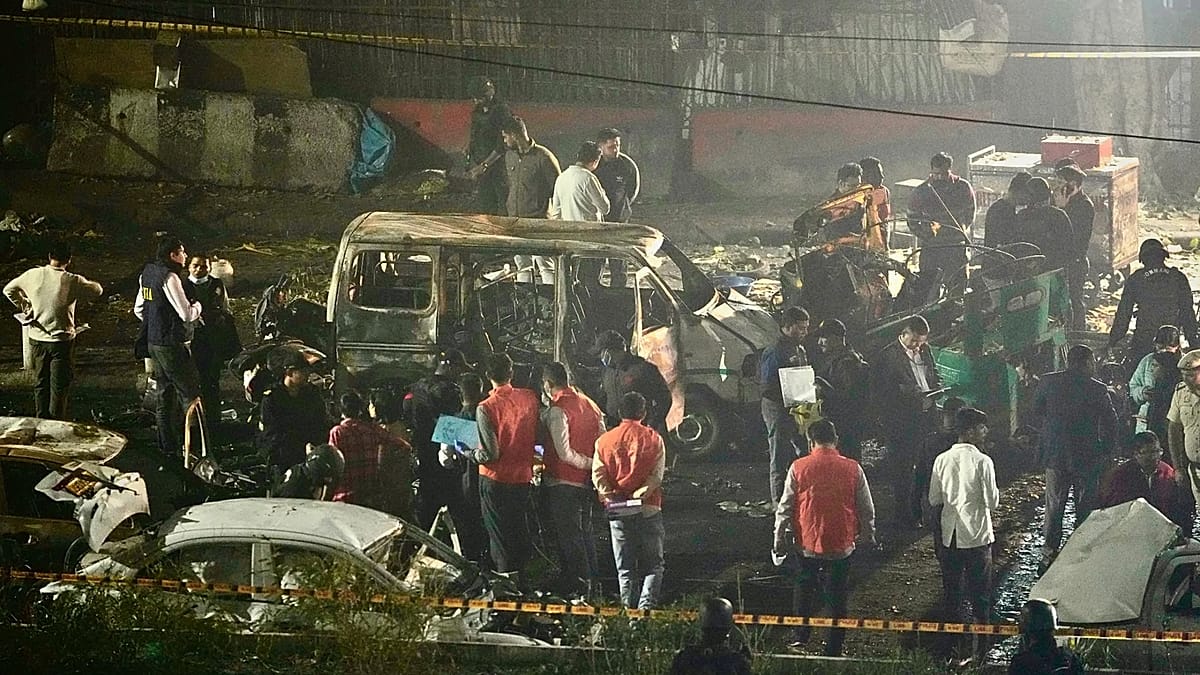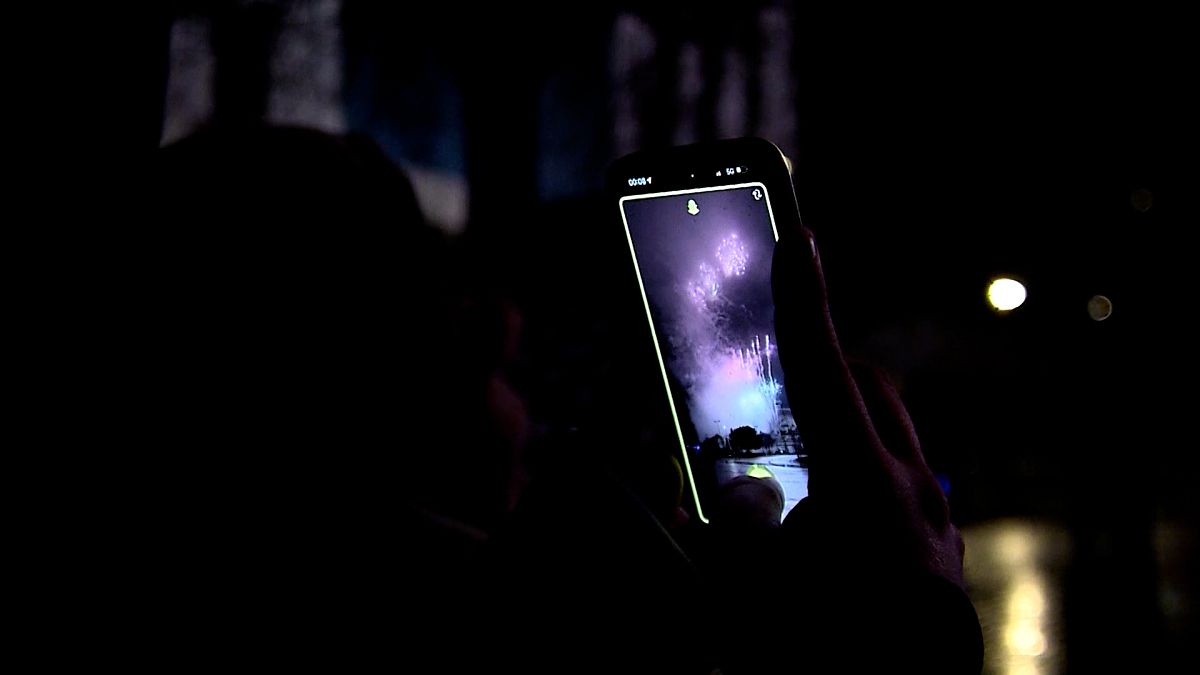Poland begins checks at German border targeting ‘illegal smuggling’

Warsaw/Schwedt, Germany (dpa) – Poland started conducting spot checks at its border with Germany on Monday, with random checks being carried out at a total of 52 border crossings, authorities said. The checks are set to continue until August 5.
“The checks are targeting those involved in the illegal smuggling of migrants across the border. Ordinary travellers have nothing to worry about,” Polish Interior Minister Tomasz Siemoniak was quoted as saying in a post by his ministry on social media platform X.
Polish Prime Minister Donald Tusk announced the temporary border checks at the start of July in response to stricter German controls at the shared border.
At a border checkpoint in Krajnik Dolny on Monday morning, officers at the border temporarily stopped drivers coming from the town of Schwedt, including Germans who were going to fill up with cheaper petrol in Poland before the start of their working day.
Lorries are not being checked. Uniformed officers were usually waving through vehicles with Polish number plates travelling from the border city of Frankfurt an der Oder to Słubice. Cars with German licence plates were being briefly stopped. Pedestrians were being more regularly checked.
Checks are also being carried out at 13 crossings along the border with Lithuania, where Polish border guards detained an Estonian national in the early hours of Monday. He was reportedly transporting four people who were attempting to enter the country irregularly.
According to the Polish Interior Ministry, about 800 border guards, 300 police officers, 200 military police and 500 members of the volunteer homeland security organisations were involved in the stricter checks at the borders with Germany and Lithuania on the first day.
Schengen under strain
Germany and Poland are part of the visa-free Schengen area, which abolished border checks between its members. But concerns about migrant numbers have put the principles behind the Schengen area under strain in recent years.
The Schengen area guarantees freedom of movement to more than 450 million European Union citizens. The area includes 25 EU member states as well as 4 non-EU countries: Iceland, Norway, Switzerland and Liechtenstein. Cyprus and Ireland, although members of the EU, are not in Schengen.
Germany has been carrying out random checks at the border since October 2023, with controls stepped up since May under Chancellor Friedrich Merz‘s administration, which is pursuing a harder line on immigration.
Soon after taking office on May 6, Merz’s government said it would begin turning back asylum seekers at the Polish border, a particularly contentious issue in Poland.
Since May 8, German officials have refused entry to around 1,300 people coming from Poland, according to the Interior Ministry. One in 10 cases involved an asylum request. (7 July)











































